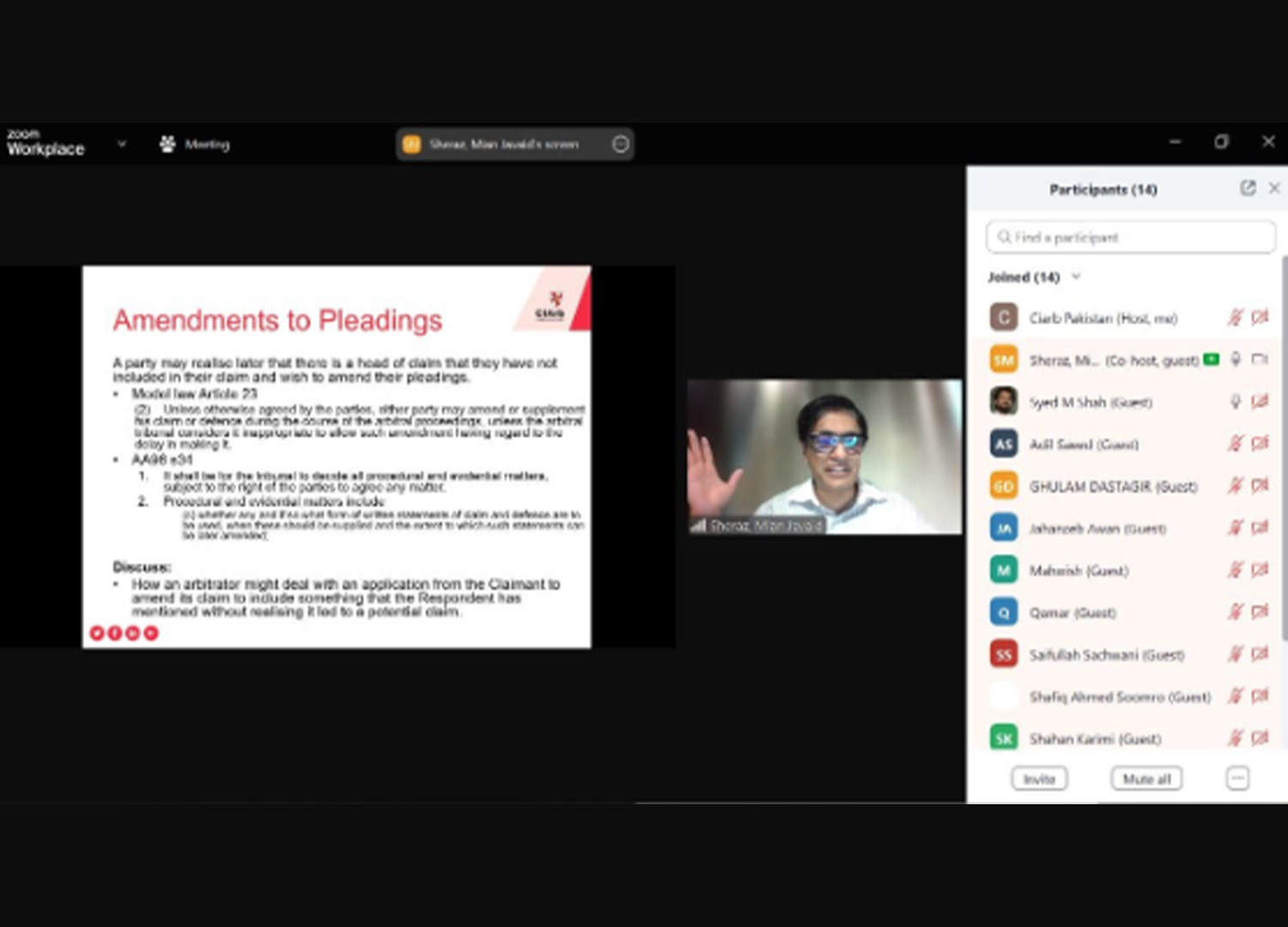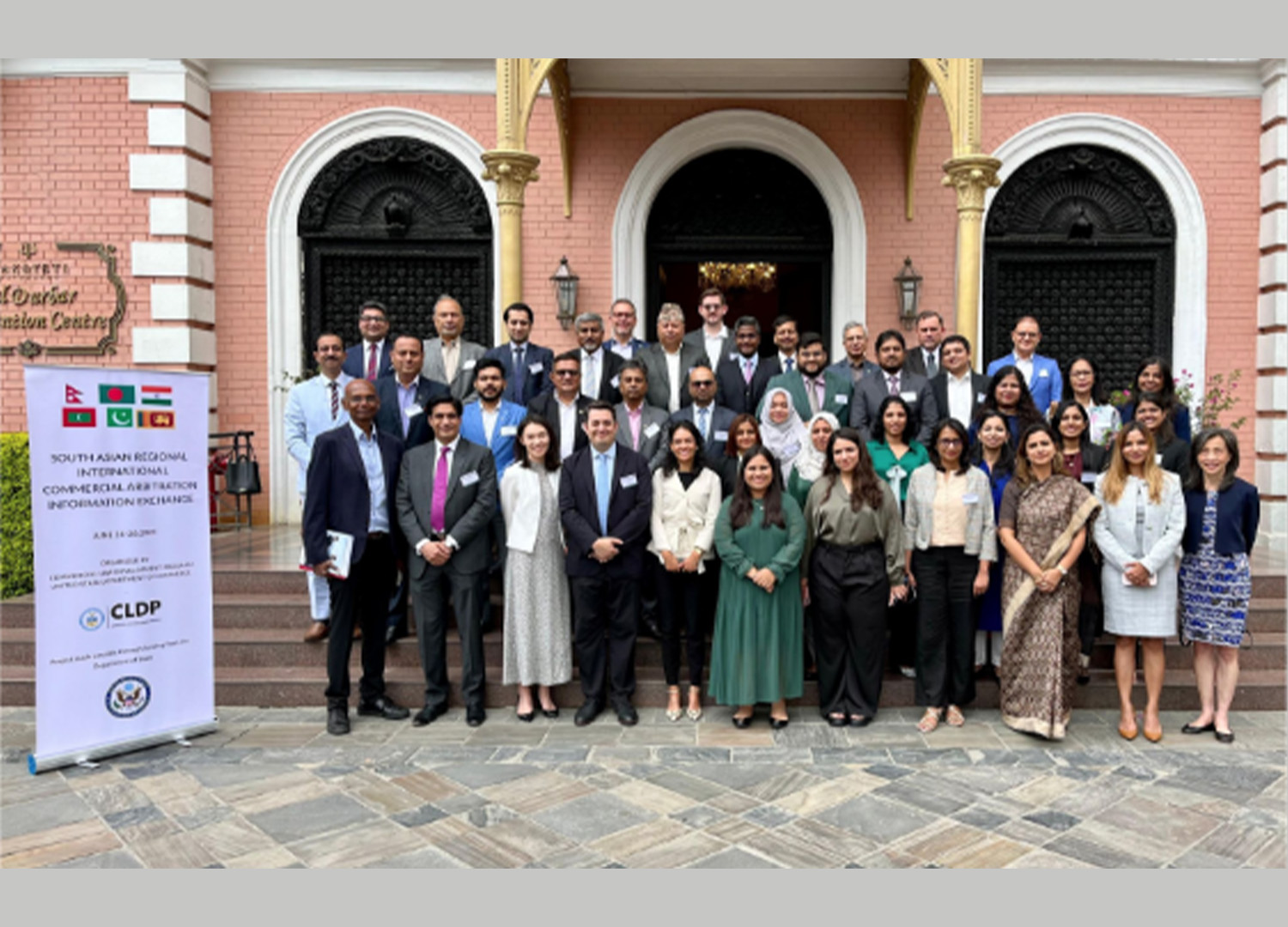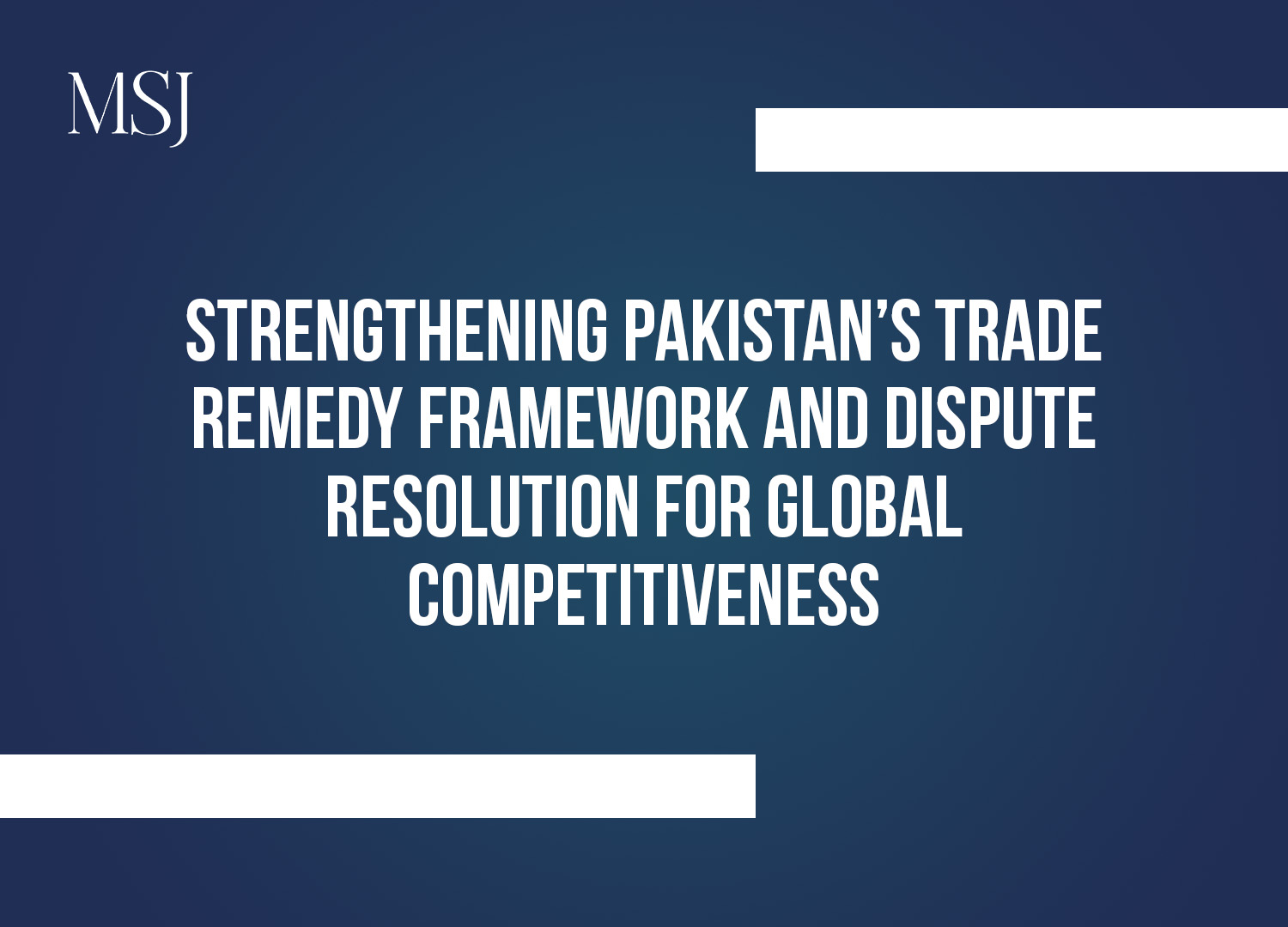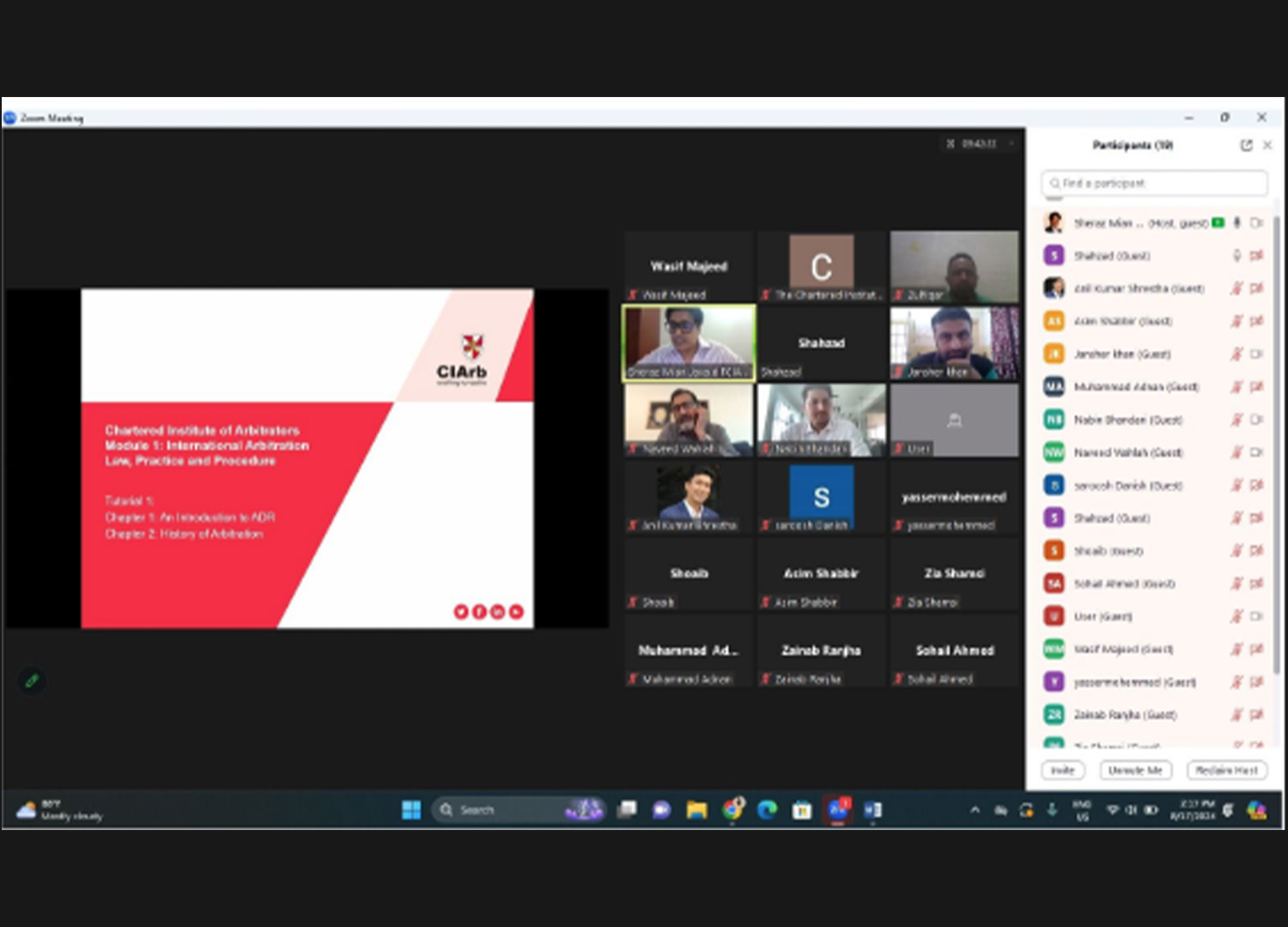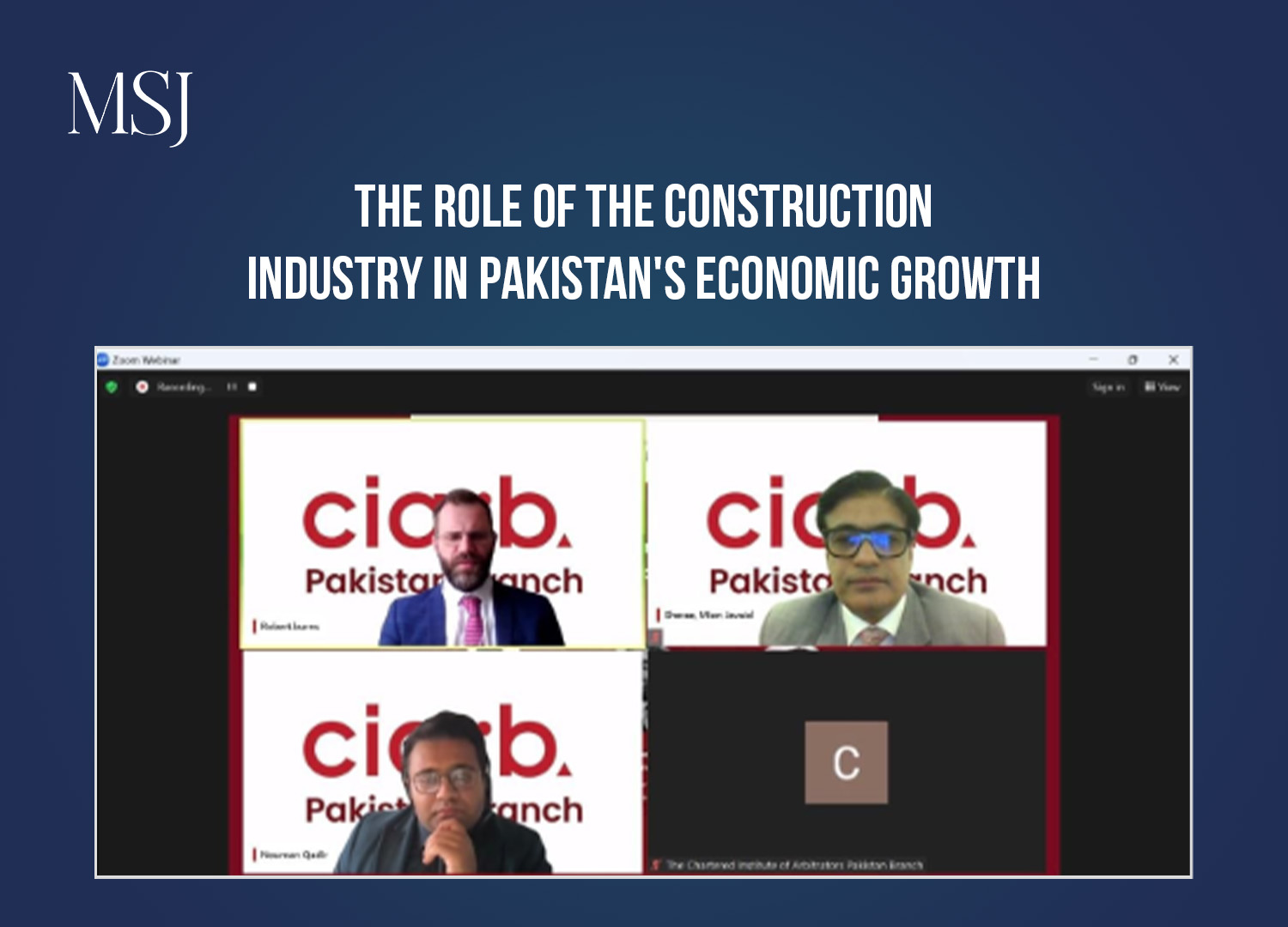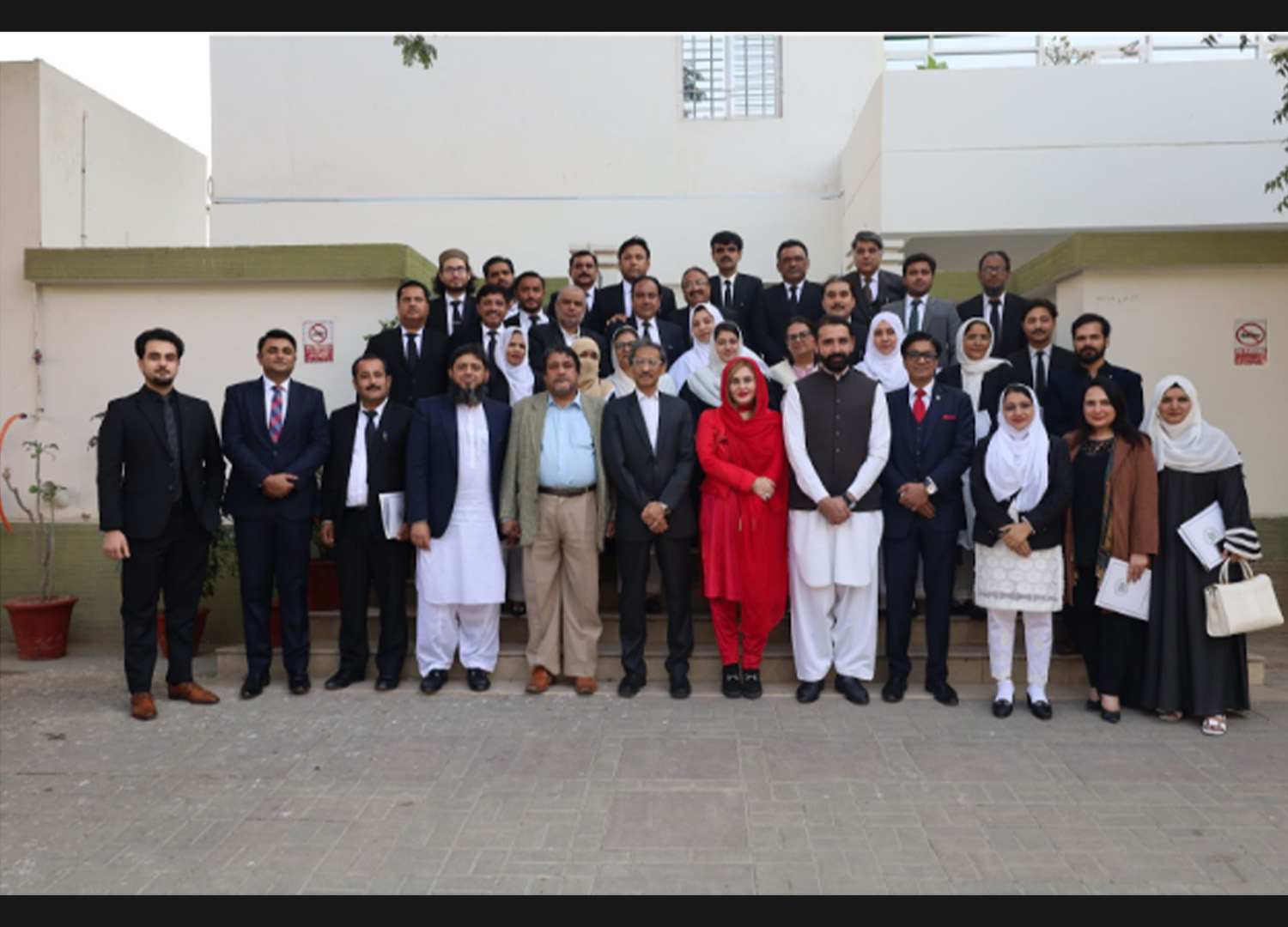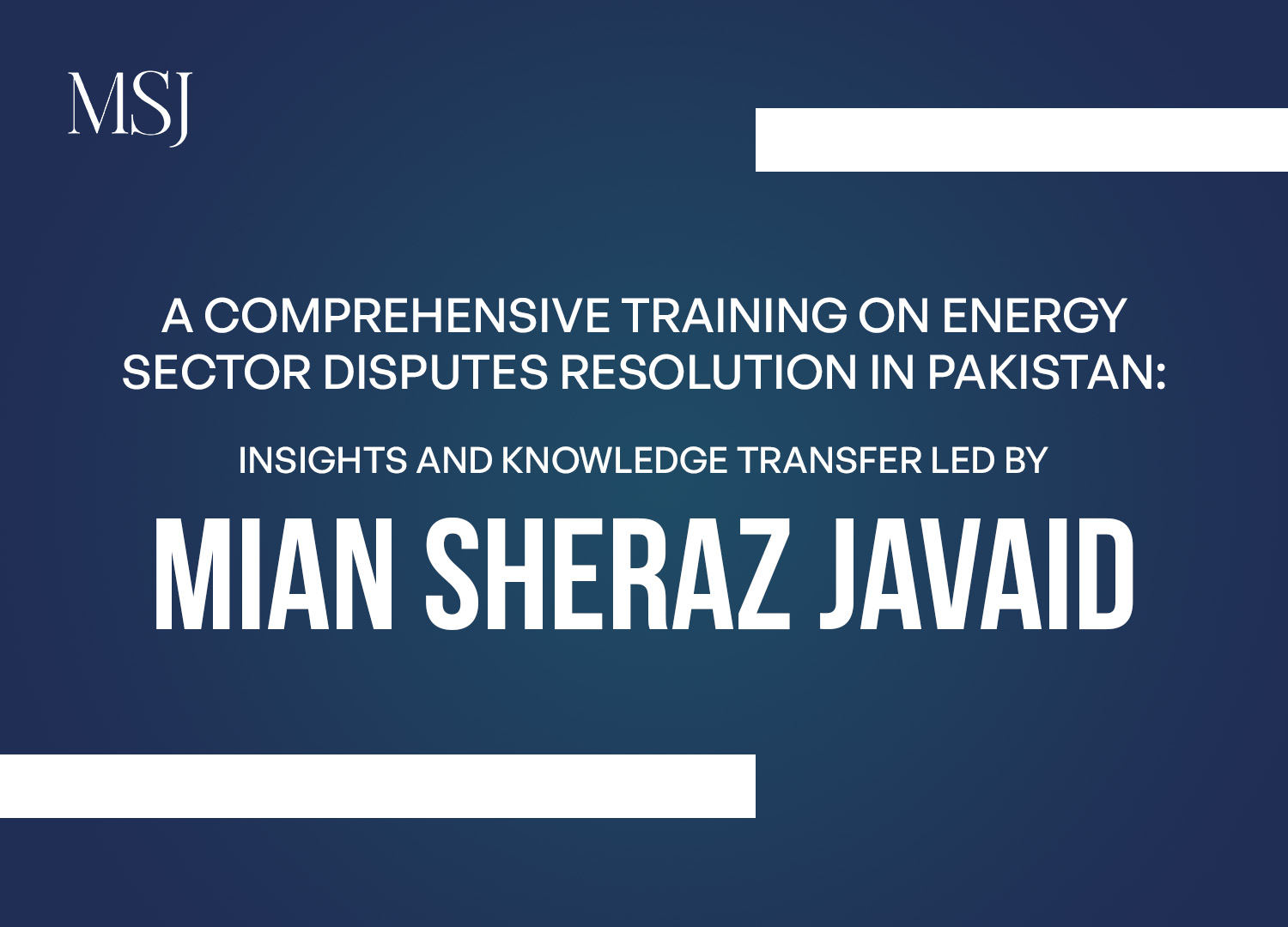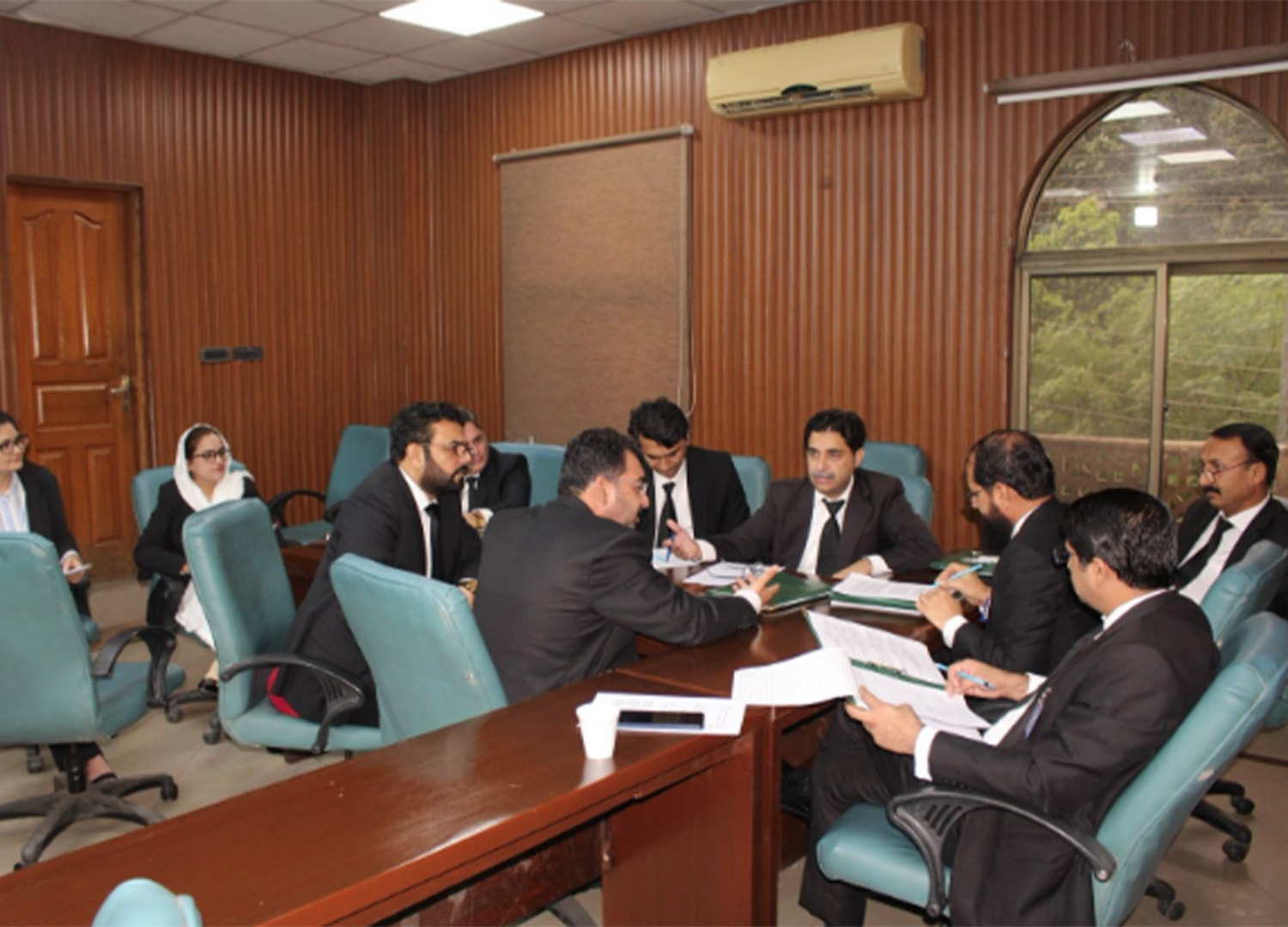Mian Sheraz Javaid Leads High-Impact ADR Training for Senior FBR Officials
Islamabad, Pakistan – Mian Sheraz Javaid recently undertook the task of designing, facilitating, and conducting an impactful training session on Alternative Dispute Resolution (ADR) in Taxation for senior officials of the Federal Board of Revenue (FBR). Organized by the International Mediation and Arbitration Centre under the Ministry of Law and Justice, in collaboration with FBR, the training was a significant step towards integrating ADR into Pakistan’s tax governance framework. This initiative aims to equip FBR officials with the necessary knowledge and skills to implement faster, fairer, and more efficient tax dispute resolution mechanisms.
The training, which was addressed to high-ranking officials, was both inclusive and interactive. Sheraz's facilitation aimed at the practical application of ADR processes within the tax arena, highlighting how ADR might be applied to resolve tax conflicts more effectively than traditional litigation. The session was overwhelmingly well received, with attendees fully participating in the discussions that ventured into policy gaps, institutional constraints, and possible reforms for the effective integration of ADR practices into the FBR's organization.
“What we witnessed during this training was an inspiring level of engagement from the participants,” Sheraz reflected. “The focus groups created a platform for critical discussions that will be vital in shaping the future of tax dispute resolution in Pakistan. The officials’ contributions were not only thought-provoking but also crucial in developing a comprehensive framework for ADR within the tax system.”
Major recommendations made during the training session were directed towards institutionalizing ADR in Pakistan's tax system, resolving both legislative and operational issues. These were:
- Strengthening Provisions of Law: Ensuring that ADR mechanisms are institutionalized within the tax laws of Pakistan so that they become an integral and formal part of the dispute resolution process.
- Building ADR Committee Capacities: Offer specialized training and establish procedural rules for ADR committees so they are properly qualified to settle tax disputes efficiently.
- Building Transparency and Stakeholder Trust: Designing a disciplined and unbiased ADR system that increases stakeholder confidence in the system, assuring stakeholders that their differences will be resolved impartially.
- Investigating Tech-Enabled Solutions: Utilizing digital technologies to automate ADR case management for enhanced overall efficiency and accessibility.
The most memorable part of the training was the organized simulation exercise, in which the participants were immersed in actual tax dispute situations. In the simulation, participants took on roles as FBR officials, ADR committee members, and taxpayer representatives, undergoing ADR processes, mediating, and using negotiation skills in a simulated but realistic environment. This practical exercise was worth it, as it enabled participants to experience firsthand the dispute resolution process and learn about the complexities entailed in ADR.
Upon conclusion of the simulation, the expert debrief gave the participants essential feedback and commentary on the challenges, the best practices, and strategies for the successful implementation of ADR. The learning experiences derived from the exercise served to reinforce the comprehension of ADR processes and the application of the same in practice against real-life tax disputes.
Sheraz thanked the renowned trainers who played a key role in making the session a success. Dr. Umar Oseni, who presented on Navigating Tax Governance Through ADR, and Mir Badshah Khan Wazir, FBR Member Legal, who moderated the session on Operationalizing ADR in FBR, played key roles in sharing both international experience and local practices. Their expertise and experience placed ADR processes within the context of Pakistan's tax administration system, providing a guide for its future integration.
“Dr. Oseni and Mir Badshah Khan Wazir brought invaluable expertise to the table,” said Sheraz. “Their contributions highlighted how international best practices and policy frameworks can be adapted to meet Pakistan’s unique challenges in tax governance. Their insights are essential as Pakistan moves forward in institutionalizing ADR within FBR.”
This training represents a major step in Pakistan's quest to develop a more formalized and institutionalized framework for ADR in resolving tax disputes. By providing FBR officials with the tools and expertise needed to apply ADR processes, the initiative paves the way for significant policy changes designed to enhance the efficiency of tax administration, build increased taxpayer confidence, and achieve more effective dispute resolution.
Sheraz remains optimistic about the long-term impact of the training and the discussions it sparked. “It’s exciting to see these discussions begin to translate into actionable changes within Pakistan’s tax administration,” he said. “This training is just the beginning of a more comprehensive approach to ADR, which we hope will ultimately lead to a more efficient, transparent, and fair system for resolving tax disputes.”
With Pakistan moving on the path towards further modernizing and streamlining its tax government, the induction of ADR is a hope-giving leap in the right direction to finding solutions to Pakistan's age-old problem of dispute resolution in tax. The understanding acquired through this training is destined to play an important role in the formulation of policy reforms of the future and will lead towards an enhanced, effective tax dispute resolution system for years to come. With such efforts continuing, Pakistan is well on its way to improving its tax administration and offering a more efficient and accessible means of resolving tax disputes.


